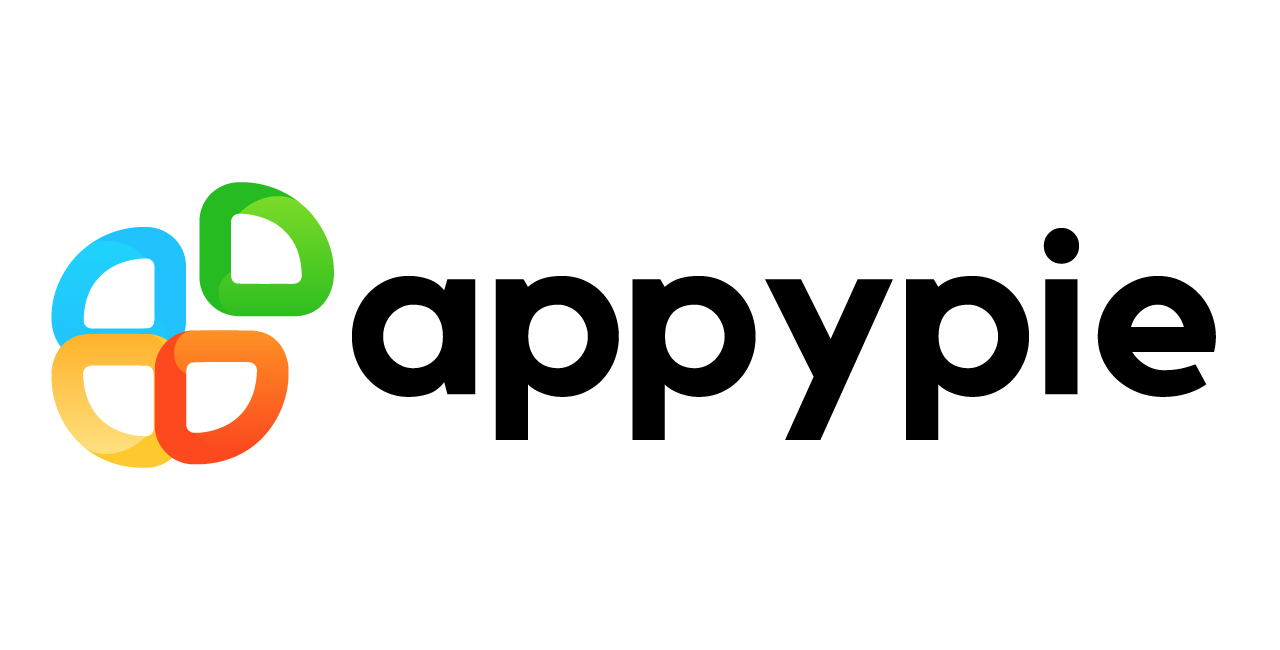Python has become one of the most popular programming languages in today’s technological landscape. Its simplicity, readability, and versatility have made it a preferred choice for developers across various industries. Python is widely used in web development, data analysis, artificial intelligence, machine learning, and scientific computing. Its extensive libraries and frameworks, such as Django and TensorFlow, provide developers with efficient tools to build robust applications and innovative solutions. With its wide-ranging applications and user-friendly syntax, Python has significantly contributed to the advancement of technology and has become a driving force in the field of software development.
One of the key reasons for the growing importance of Python is its strong community support and active developer base. The Python community is known for its collaborative nature, with developers constantly sharing knowledge and contributing to the improvement of the language. This collaborative environment has resulted in the development of a vast ecosystem of libraries, modules, and frameworks, making Python a reliable and efficient tool for solving complex problems. The extensive community support also ensures that Python remains up-to-date with the latest technological advancements, enabling developers to stay at the forefront of innovation. As technology continues to evolve, the importance of Python in the technological landscape is only expected to grow, as it provides developers with the necessary tools and resources to tackle the challenges of the future.
Key Skills and Qualifications to Look for in Python Developers
Python has become one of the most popular programming languages in today’s technological landscape, and finding skilled Python developers is crucial for success in any project. When looking to hire Python developers, there are several key skills and qualifications to consider. First and foremost, extensive knowledge and experience in Python programming is a must. A strong understanding of Python syntax, libraries, and frameworks is vital for developing efficient and effective applications.
In addition to technical expertise, problem-solving skills are highly desirable in Python developers. The ability to analyze complex problems, identify potential solutions, and implement them efficiently is crucial. Python developers should also possess strong analytical and critical thinking skills to troubleshoot and debug code effectively. Furthermore, good communication and teamwork skills are essential as Python developers often collaborate with cross-functional teams to develop and deliver projects successfully.
Evaluating the Benefits of Hiring Python Developers for Your Project
When it comes to evaluating the benefits of hiring Python developers for your project, there are several key factors to consider. Firstly, Python is known for its simplicity and readability, making it an ideal choice for both beginners and experienced programmers. This means that Python developers can quickly understand and work with existing codebases, resulting in faster development cycles and reduced time-to-market for your project.
Furthermore, Python has a wide range of libraries and frameworks available, which can greatly enhance the functionality of your project. From web development to data analysis and machine learning, Python offers a versatile set of tools that can be tailored to your specific needs. These libraries and frameworks are constantly maintained and updated by a vibrant community of developers, ensuring that your project remains up-to-date and supported in the long run.
In addition to its technical advantages, hiring Python developers can also bring a fresh perspective to your project. Python encourages clean and modular code, which promotes collaboration and allows for easier maintenance and scalability. By leveraging the expertise of Python developers, you can ensure that your project follows best practices and is built to withstand future changes and updates.
Overall, the benefits of hiring Python developers for your project are clear. Whether it is the simplicity and versatility of the language, the extensive library support, or the collaborative approach, Python developers can greatly enhance the success of your project. By carefully evaluating their skills and qualifications, you can ensure that you are making a wise investment in your project’s future.
How to Attract and Retain Top Python Talent in a Competitive Job Market
To attract and retain top Python talent in a competitive job market, companies must offer more than just competitive salaries. Python developers are in high demand, and often have their pick of job opportunities. To stand out from the crowd and attract the best talent, companies should focus on providing a stimulating and challenging work environment. Offering opportunities for professional growth and development, such as training programs and workshops, can help entice Python developers who are looking to expand their skill set and stay ahead of the curve.
In addition to fostering a positive work environment, companies should also consider offering attractive benefits and perks to retain Python talent. Flexible work arrangements, such as remote work options or flexible hours, can be appealing to developers who value work-life balance. Offering competitive benefits packages, such as health insurance, retirement plans, and paid time off, can also help companies attract and retain top Python talent. Additionally, recognizing and rewarding exceptional performance through bonuses or stock options can further incentivize Python developers to stay and contribute their expertise to the company’s success.
Exploring Different Hiring Models for Python Developers: Freelancers, In-house, and Outsourcing
When it comes to hiring Python developers, businesses have several options to consider. One popular choice is to hire freelancers, who offer flexibility and expertise in their specific areas. Freelancers can be a cost-effective solution for short-term projects or when a specific skill set is needed. However, the downside of working with freelancers is the lack of long-term commitment or availability for ongoing projects.
Alternatively, companies may opt to hire in-house Python developers. This provides the advantage of having dedicated team members who work exclusively on the organization’s projects. In-house developers can easily collaborate with other departments, ensuring seamless integration of Python projects within the company’s infrastructure. However, the cost associated with hiring and maintaining an in-house team, including salaries, benefits, and overhead expenses, can be significant.
• Freelancers offer flexibility and expertise in specific areas
• Cost-effective solution for short-term projects or specific skill sets
• Lack of long-term commitment or availability for ongoing projects
• In-house Python developers provide dedicated team members
• Easy collaboration with other departments for seamless integration
• Significant cost associated with hiring and maintaining an in-house team
Outsourcing is another option that businesses can consider when hiring Python developers. This involves contracting a third-party company or agency to handle the development tasks. Outsourcing offers several advantages, such as access to a larger talent pool, cost savings, and scalability options. By outsourcing, companies can tap into the expertise of experienced developers without having to invest in their training or infrastructure.
However, there are also potential drawbacks to outsourcing Python development. Communication challenges may arise due to different time zones or language barriers between the client and the outsourced team. Additionally, there could be concerns regarding data security and intellectual property protection when sharing sensitive information with an external party.
Overall, each hiring model has its own pros and cons when it comes to hiring Python developers. It ultimately depends on factors such as project requirements, budget constraints, timeline considerations, and organizational preferences. Businesses should carefully evaluate these factors before making a decision on which model best suits their needs.
In summary:
– Freelancers offer flexibility but lack long-term commitment.
– In-house teams provide dedicated resources but come at a significant cost.
– Outsourcing allows access to a larger talent pool but may present communication challenges and security concerns.
– Consider project requirements, budget constraints, timeline considerations,and organizational preferences before choosing a hiring model for Python developers
Navigating the Recruitment Process: Where to Find and How to Screen Python Developers
When it comes to finding Python developers for your project, there are several avenues you can explore. One common approach is to utilize online job platforms and job boards specifically targeting developers. Websites such as Indeed, LinkedIn, and Stack Overflow Jobs often have a plethora of Python developers actively seeking employment. These platforms allow you to post job listings and search for potential candidates based on their skills and experience. Additionally, you can consider reaching out to local coding bootcamps or universities offering computer science programs, as they may have talented Python developers looking for opportunities.
Screening potential Python developers is an essential part of the recruitment process. Once you have a pool of applicants, it’s important to carefully evaluate their skills and qualifications to ensure they are the right fit for your project. One effective way to assess candidates is by conducting technical interviews that test their proficiency in Python programming. These interviews can be done in-person or remotely, and typically involve coding exercises or problem-solving scenarios. In addition to technical interviews, you can also review candidates’ resumes, portfolios, and past work to gauge their experience and expertise in Python development. Overall, a rigorous screening process will help you identify and select top-tier Python developers for your project.





